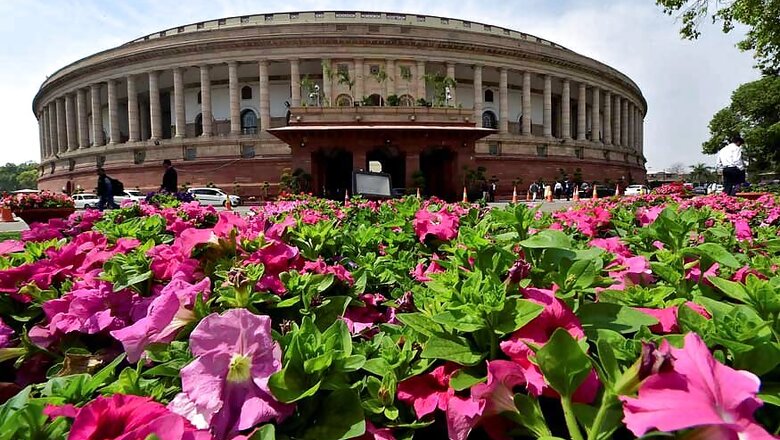
views
New Delhi: At the end of each Parliament session a familiar routine of measuring the productivity of the session happens.
How many bills did Parliament manage to pass as against the legislative agenda listed in the beginning of each session?
Both houses together passed 9 bills out of a total of 34 that were listed. That is a strike rate 26.4%. Since today is the last day of the monsoon session more bills may be passed by the end of the day. News18 has come up with a breakup of the 19 day session. The information has been compiled from data provided by PRS Legislative Research and other sources.
The bills passed by both the upper and lower houses include the following:
• The Banking Regulation (Amendment) Bill, 2017: A law that gives the government additional powers to deal with the NPA problem in the banking sector).
• The Indian Institutes of Information Technology (Public-Private Partnership) Bill, 2017: The Bill seeks to declare the Indian Institute of Technology, Design and Manufacturing, Kurnool as an institution of national importance.
• The Footwear Design and Development Institute Bill, 2017: Seeks to establish the Footwear Design and Development Institute as an institution of national importance.
• The Right of Children to Free and Compulsory Education (Amendment) Bill, 2017: Amends the Right of Children to Free and Compulsory Education Act, 2009 by extending the deadline for teachers to acquire the prescribed minimum qualifications for appointment.
• The Admiralty (Jurisdiction and Settlement of Maritime Claims) Bill, 2017: Seeks to consolidate the existing laws on civil matters of admiralty jurisdiction of courts, admiralty proceedings on maritime claims, and arrest of ships.
• The Collection of Statistics (Amendment) Bill, 2017: Allows the appointment of statistics officers to collect information, and contains provisions to ensure the security of information.
• The National Institutes of Technology, Science Education and Research (Amendment) Bill, 2017: Seeks to establish the National Institute of Technology (NIT), Andhra Pradesh as an institute of national importance.
• The Constitution (One Hundred and Twenty-third Amendment) Bill, 2017: Seeks to grant the National Commission on Backward Classes (NCBC) constitutional status, at par with the National Commission for Scheduled Castes (NCSC) and the National Commission for Scheduled Tribes.
• The National Commission for Backward Classes (Repeal) Bill, 2017: Seeks to repeal the National Commission for Backward Classes Act, 1993.
The Lok Sabha functioned for 70% of its scheduled time while the Rajya Sabha was marginally ahead at 73%. On Question hour both houses did worse. The lower house managed to utilize just 63% of its allotted time while the upper house spent 51% only.
Disruptions claimed a lot of the time meant for legislative business. Both houses remained shut in memoriam for members who had passed away.
The LS was non functional for two days for Vinod Khanna and Sanwar Lal Jat. Both houses debated issues that made national headlines. Lynchings, foreign policy, agrarian crisis and peasant unrest, atrocities on Dalits and minorities and floods were discussed in both the houses.











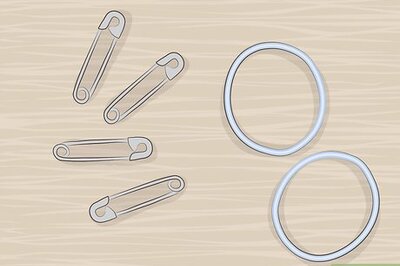
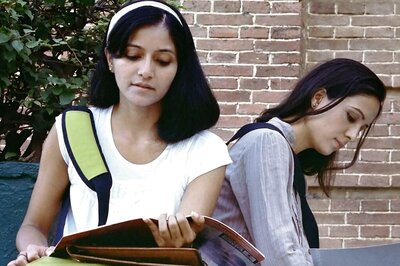
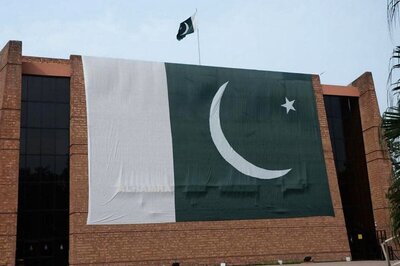
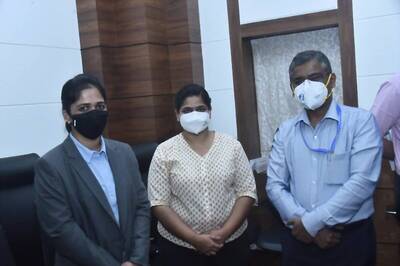


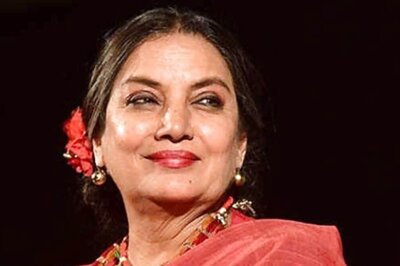
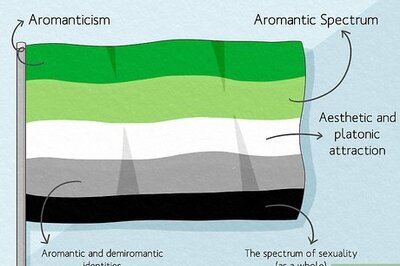

Comments
0 comment